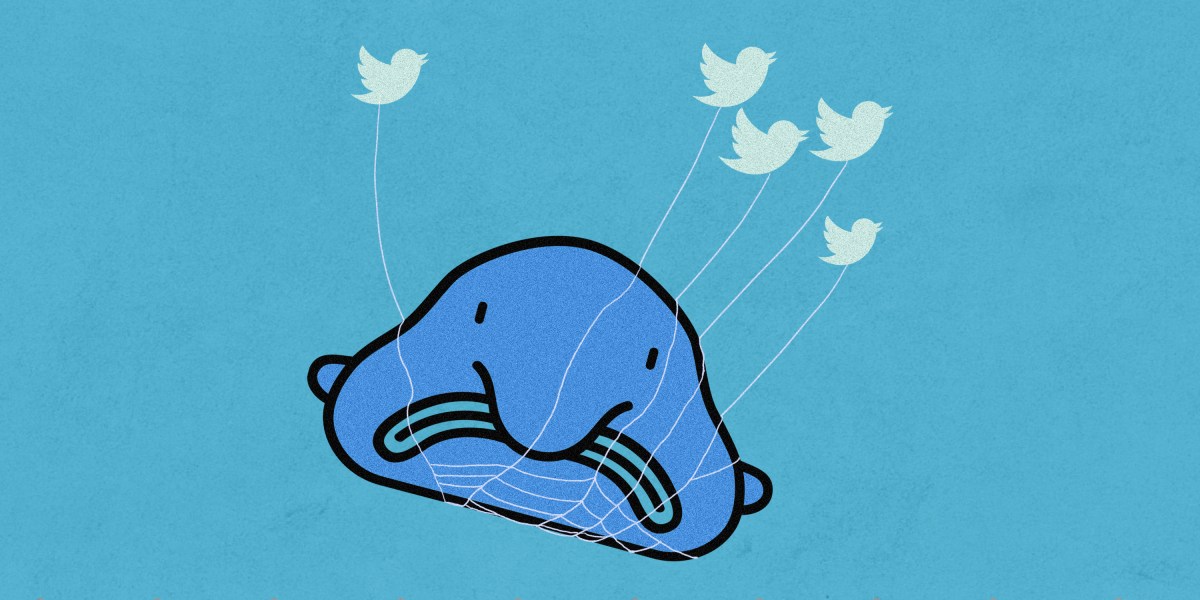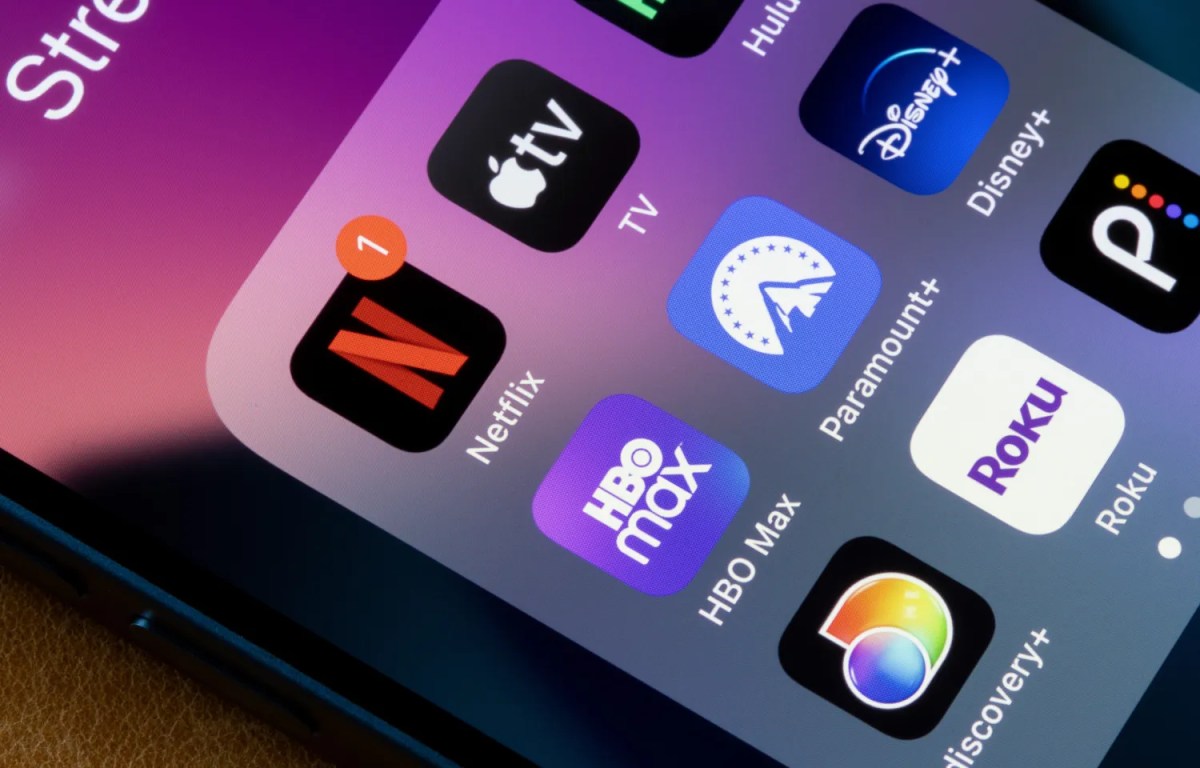The Download: Twitter’s decline, and explaining fusion
This is today’s edition of The Download, our weekday newsletter that provides a daily dose of what’s going on in the world of technology.
We’re witnessing the brain death of Twitter
The state of Twitter since Elon Musk’s takeover feels like a brain death: the processes that keep it online are somehow still beating, but what Twitter was before Musk is never coming back.
In recent weeks Twitter has dissolved its Trust and Safety Council, and welcomed back previously-banned high-profile extremists, far-right personalities, covid deniers, and other figures. Those who don’t buy into Musk’s vision for the platform are leaving, and Musk’s enthusiasm for eliminating jobs, cutting costs, and undoing Twitter’s safety infrastructure has also caused advertisers to leave in droves.
MIT Technology Review ran an analysis in Hoaxy, a tool created by Indiana University to show how information spreads on Twitter by looking at both keyword frequency and interactions between individual accounts. The results hint at Musk’s new role in this network: as effectively a hall monitor for the far right, placing himself at the center of problematic conversations previously pushed to the fringes. Read the full story.
—Abby Ohlheiser
What you really need to know about that fusion news
There’s been a fusion breakthrough. No, for real this time. While researchers have been talking about using it to build limitless clean energy for decades, their declarations have never amounted to much—until now.
A national lab reached a major research milestone, it was confirmed earlier this week, finally running a reaction that gave off more energy than contained in the powerful lasers used to start it. Here’s why the announcement matters, what it means, and what you should take away from it. Read the full story.
—Casey Crownhart
Casey’s story is from The Spark, her weekly newsletter covering climate and energy. Sign up to receive it in your inbox every Wednesday.
Podcast: Optimizing for convenience
We’re in the middle of another major disruption in retail—one that’s been accelerated by the pandemic, and looks to take the convenience of e-commerce and apply it to physical environments. In this episode, we examine how AI is at the center of this transition. Listen to it on Apple Podcasts, or wherever else you usually listen.
The must-reads
I’ve combed the internet to find you today’s most fun/important/scary/fascinating stories about technology.
1 FTX’s lawyers say they ‘do not trust’ the Bahamian government
They claim the authorities could try to siphon digital assets from the collapsed crypto exchange. (Reuters)
+ Bahamian regulators were tipped off by an FTX associate. (FT $)
+ Sam Bankman-Fried always said he was pro-regulation. He may get his wish. (The Atlantic $)
2 Twitter has suspended accounts dedicated to tracking private jets
Including one that tracks Elon Musk’s own plane. (Bloomberg $)
+ Twitter’s changed its policy to bar users sharing a person’s “live” location. (The Intercept)
+ Musk is selling off billions of Tesla shares—again. (The Verge)
3 Russia is rapidly running out of ammunition in Ukraine
Its military will soon be reduced to using Cold War supplies, according to the Pentagon. (Motherboard)
+ Iran-made drones have been shot down over Kiev. (The Guardian)
+ The war will only get worse for Russia. (FT $)
+ GPS signals are being disrupted in the country’s cities, too. (Wired $)
4 A group of influencers have been charged with securities fraud
US authorities claim they manipulated stock prices through Twitter and Discord. (NBC News)
+ The seven men earned around $100 million through the “pump and dump” scheme. (Motherboard)
5 The golden age of mobile gaming is over
Revenues are set to fall for the first time ever. (FT $)
+ It’s been a tough year for tech, overall. (Economist $)
6 Lab-grown seafood is on the horizon 
But unlike the majority of cultivated meat, lab-grown seafood will replicate pricey cuts. (Vox)
+ Microplastics are filtering into plankton. (Slate $)
+ Will lab-grown meat reach our plates? (MIT Technology Review)
7 Quantum computing is locked in a two-horse race
Both China and the US appear to think the other is in the lead, actually. (New Yorker $)
+ Quantum computing has a hype problem. (MIT Technology Review)
8 We’re getting closer to finding more dark matter
We still don’t know what it’s made of, though. (Wired $)
9 How Pokémon upped its fashion game
Designer threads are a must for wannabe trainers. (NPR)
10 Take a trip around the world’s tech markets 
From smartphone repairs to karaoke mics, there’s something for everyone. (Rest of World)
Quote of the day
“He has become this pied piper for otherwise serious people…it feels in Silicon Valley like after Trump was elected and families got a little riven.”
—Alex Stamos, Facebook’s former chief information security officer, describes how Elon Musk has divided friendships among California’s tech workers during an appearance on the Dead Cat podcast, Insider reports.
The big story
The metaverse is a new word for an old idea
February 2022
In less than a year, the metaverse graduated from a niche term to a household name. Its metamorphosis began in July 2021, when Facebook announced that it would dedicate the next decade to bringing the metaverse to life: an immersive, rich digital world combining aspects of social media, online gaming, and augmented and virtual reality.
But we would be remiss if we didn’t take a step back to ask, not what the metaverse is or who will make it, but where it comes from. Knowing the history of a technology, or the ideas it embodies, can reveal potential pitfalls and lessons already learned, and open a window onto the lives of those who learned them. The metaverse—which is not nearly as new as it looks—is no exception. Read the full story.
—Genevieve Bell
We can still have nice things
A place for comfort, fun and distraction in these weird times. (Got any ideas? Drop me a line or tweet ’em at me.)
+ The Dutch approach to “total football” seems to be a great way to nurture a curious mind.
+ Radiooooo is an amazing website that dips into music from any country, any decade.
+ Beer is big business these days. Here’s all the slang you need to know to make sure you know what you’re talking about next time you’re at a bar.
+ Creating a structurally-sound gingerbread house is surprisingly tough. Here’s some tips to get you started.
+ Why some video games just get better with age.




